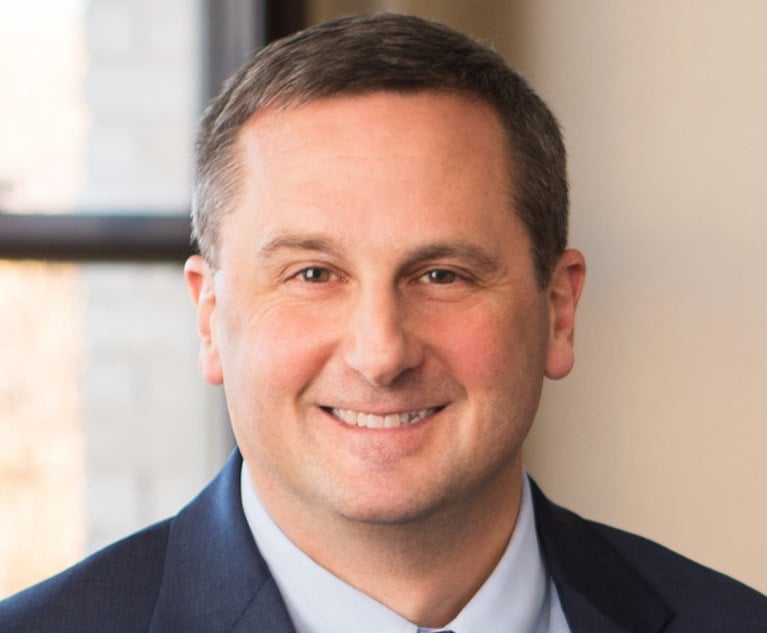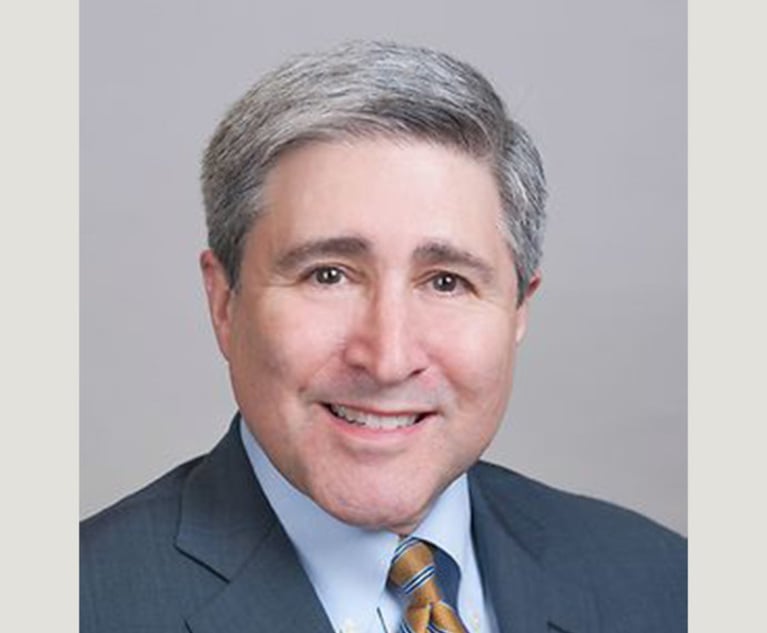Housed within the Pennsylvania Department of State are 29 professional and occupational licensing boards. These boards’ investigative/enforcement and adjudicative functions are necessarily separate, with the former contained within the Bureau of Enforcement and Investigation and the latter reserved for the Office of Hearing Examiners. This does not include certain professions, such as teachers regulated by other executive agencies or other professionals such as lawyers and judges governed by nonexecutive agencies.
The obvious starting point for representing many licensed professionals is the enabling legislation. These acts—such as the Medical Practice Act and Architects Licensure Law, for example—typically set forth the powers and duties of the governing board, the requirements for licensure, the prohibition against unlicensed activity, procedures for the handling of impaired professionals, and the grounds for the refusal, revocation or suspension of a license. Surprisingly, however, often missing from the statutory text is a detailed description of the standards governing the practice of the profession. Also typically absent from such legislation is a specific definition of “immoral or unprofessional conduct” that is so often the basis for professional discipline. The regulations promulgated by the board are sometimes not much better at filling in these blanks.


 Christopher Carusone of Cohen Seglias Pallas Greenhall & Furman. Courtesy photo
Christopher Carusone of Cohen Seglias Pallas Greenhall & Furman. Courtesy photo




